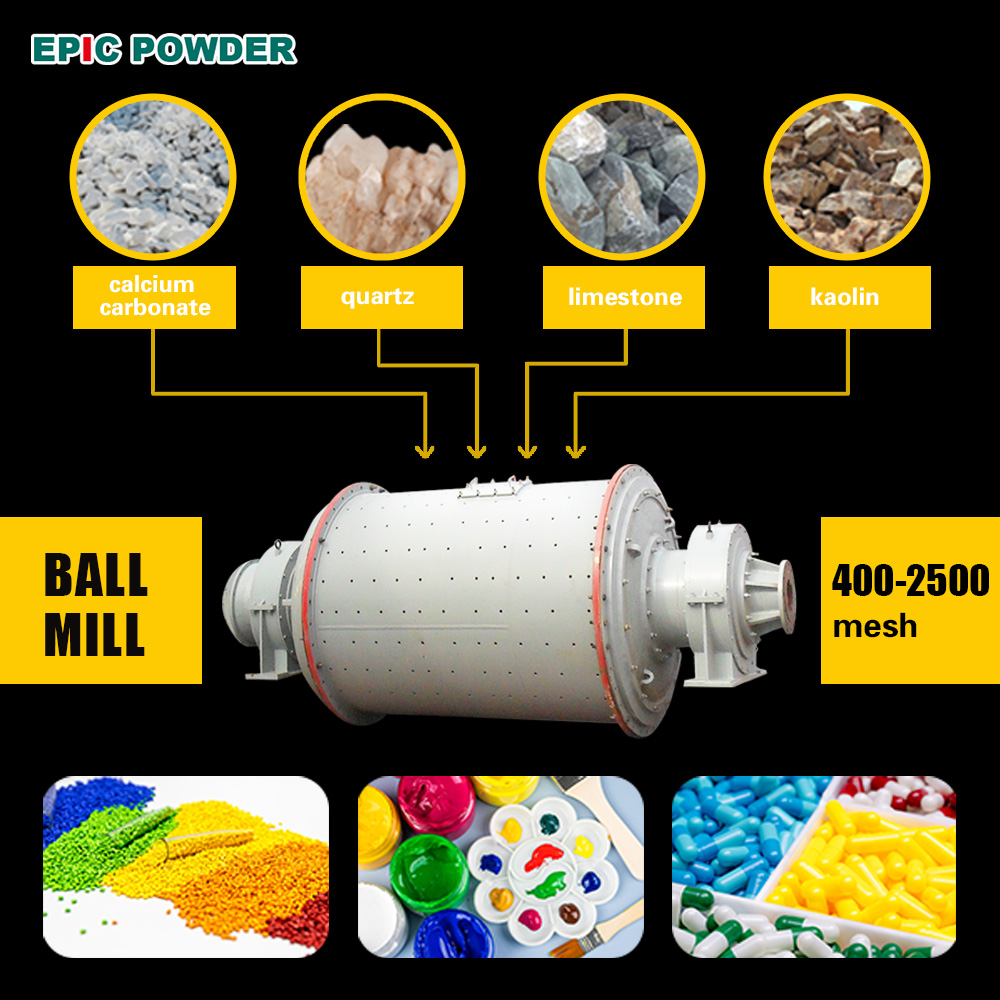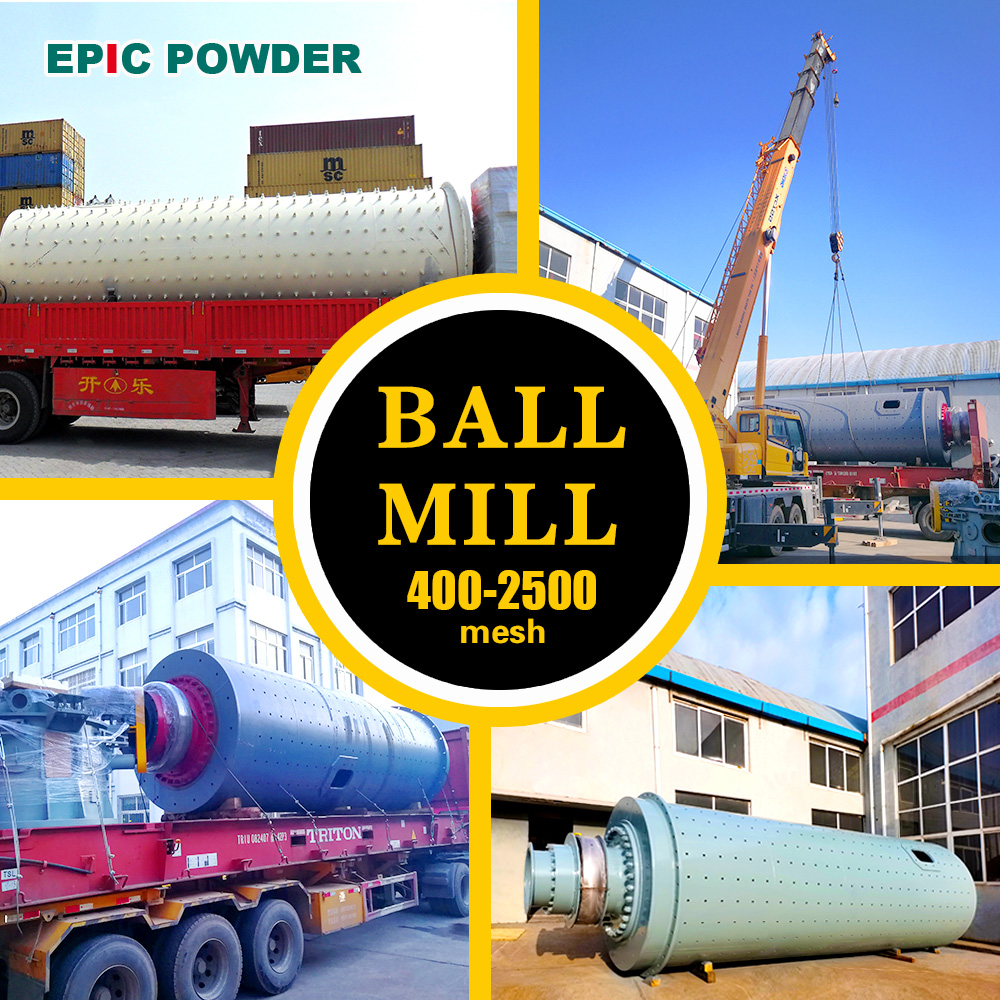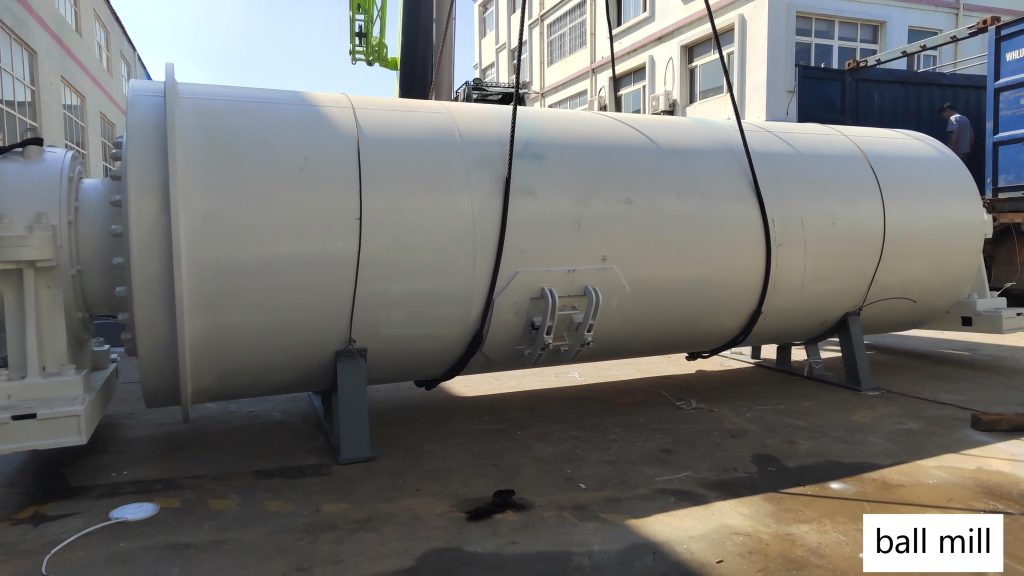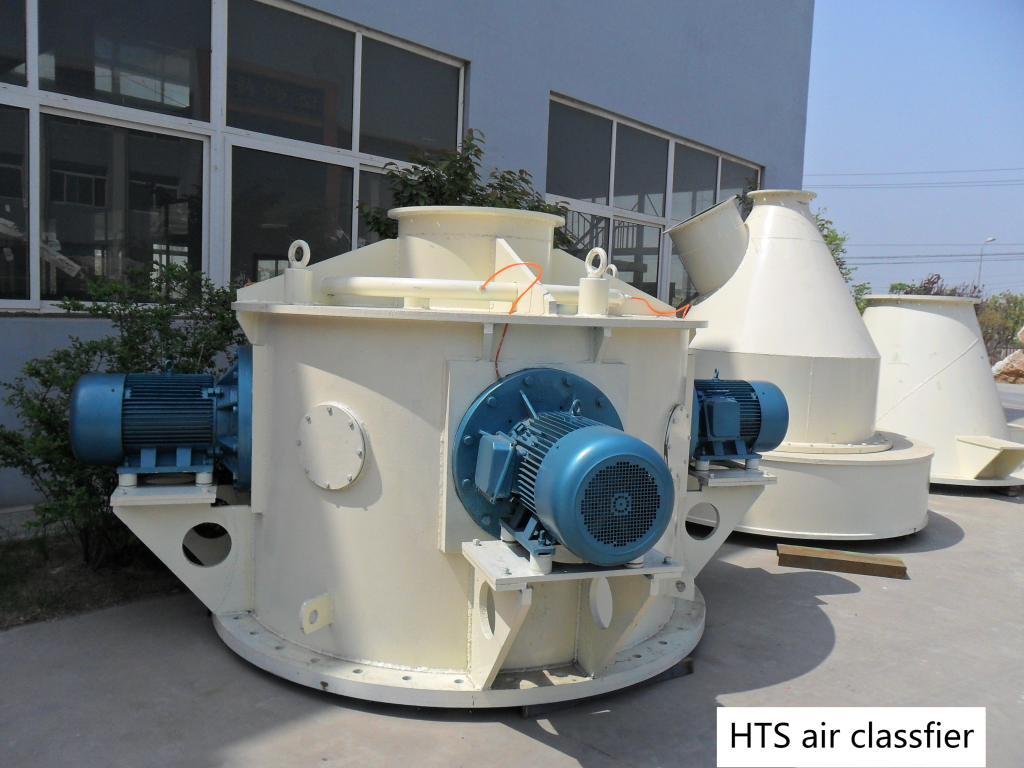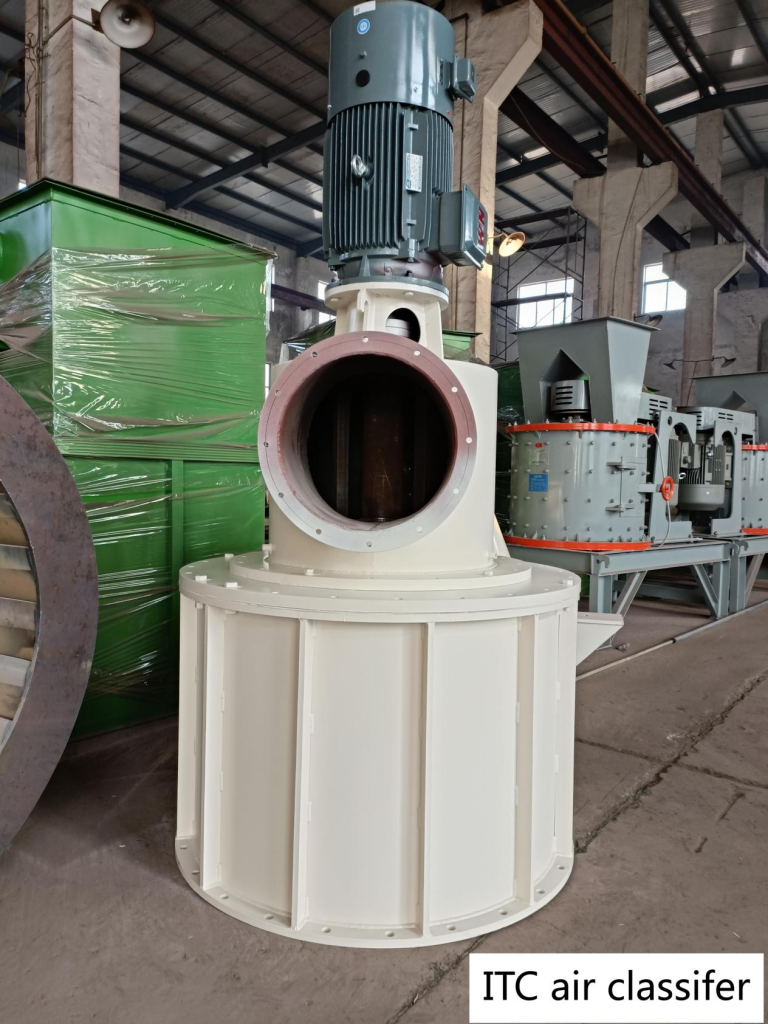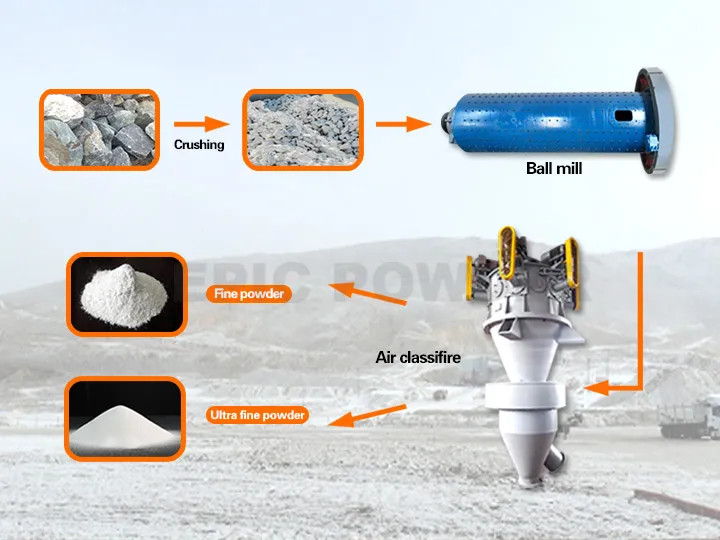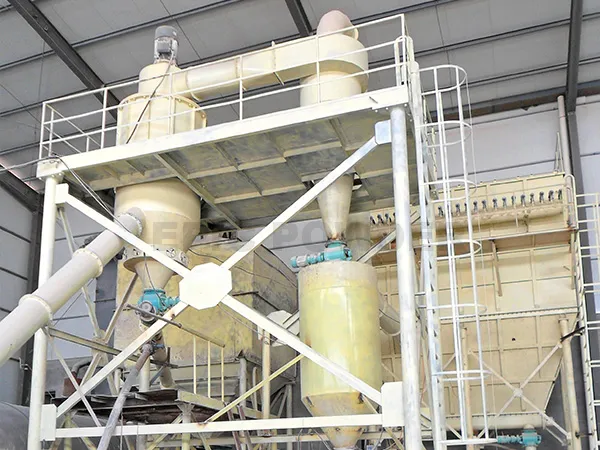In industrial applications, when it comes to the choice of quartz stone, we often hear about two types of quartz: natural quartz and synthetic quartz. What are the differences between the two in practical applications? Next, we will make a brief analysis of the two from three aspects: formation process, properties and applications:

1. Different formation process
● Natural quartz
it is formed over millions of years geological evolution involving heat, pressure and crystallization of silicon dioxide (SiO₂) in the Earth’s crust. The formation of natural quartz is a natural process that occurs in various environments. This is the reason why the crystals are in a variety of shapes and sizes.
● Synthetic quartz:
Synthetic quartz: it is generated synthetically by utilizing the method of hydrothermal synthesis. Specifically, dissolve natural quartz stone in solution under high temperature and pressure within specialized container called autoclave, and then introduce seed crystals to guide the growth of new crystals. This process allows for precise control over the properties and uniformity of crystals.
2. Different physical properties
● Natural quartz
Because of natural impurities, natural quartz often exhibits a range of colors and inclusions. Each individual piece is unique, this reflects its geological history. Natural quartz is less uniform in clarity and size, which affects its appearance and texture.
● Synthetic quartz:
Synthetic quartz: it generally has superior purity and uniformity, this makes it ideal raw material for electronics. In synthetic quartz, the content of silicon dioxide (SiO₂) can reach 99.9999% , This endows synthetic quartz extreme hardness and wear resistance, as well as high transparency and glossiness.
3. Different applications
● Natural quartz

Natural quartz can be used in various decorative and industrial applications, including jewelry and construction materials, etc. Its unique appearance makes it very popular in decoration field.
● Synthetic quartz
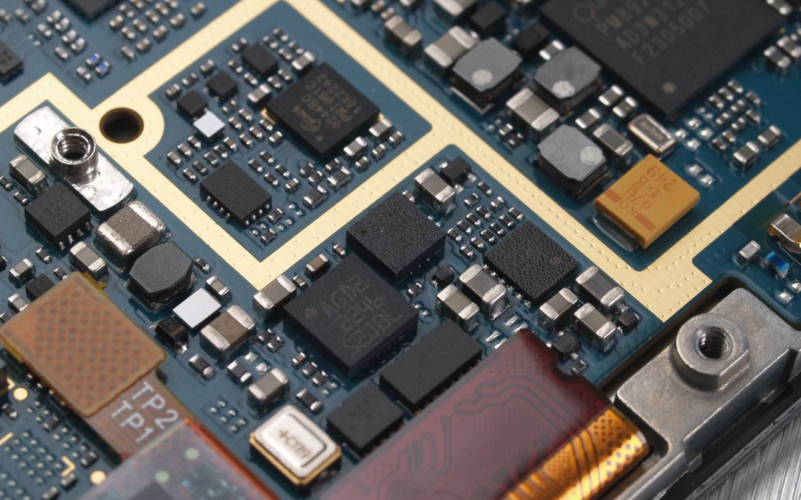
Synthetic quartz is an indispensable material in electronics industry, especially in the fields of fiber-optic communication, optical device, large-scale integrated circuit and semiconductor manufacturing.
In summary, there are differences between natural quartz and synthetic quartz in terms of formation process, physical properties and applications. In actual application, which quartz to choose should depend on specific situation. However, no matter which quartz to choose, both of them need to be crushed, ground and classified to ensure the fineness and purity. Deep-processing of quartz powders can ensure their effect in various applications.

Qingdao Epic Powder Machinery Co., Ltd. is a manufacturer specializing in the production of powder processing equipment. The ball mill and air classifier from Qingdao Epic can process quartz powder deeply with good performance.
The main products include:
– Mill: ball mill, roller mill, jet mill, air classifier mill(ACM), vibration mill and impact mill etc.
– Classifier: four series of air classifiers: HTS, ITC, MBS and CTC.
– Modifier: pin-mill modifier, turbo-mill modifier and three-roller modifier etc.
– Auxiliary equipment: control cabinet, dust collector and bucket elevator etc.
– Customers can also customize equipment according to their needs, one customer one design.
If you are interested in ball mill and air classifier or other products from Qingdao Epic, please feel free to contact the staff directly, they are always at your service.
Below are photos from Qingdao Epic for your reference.
